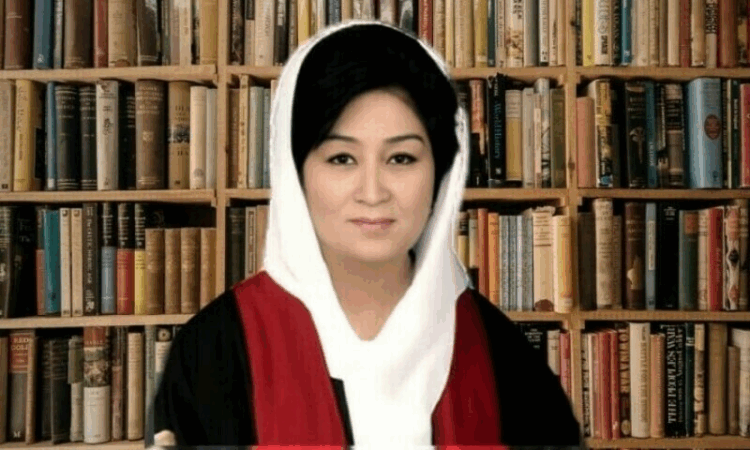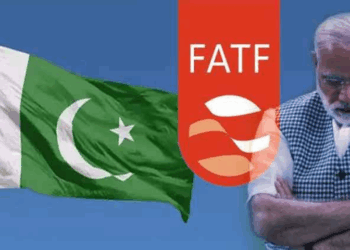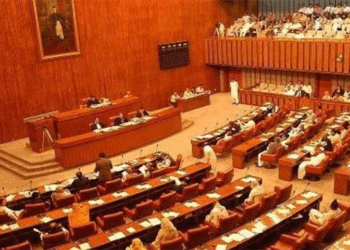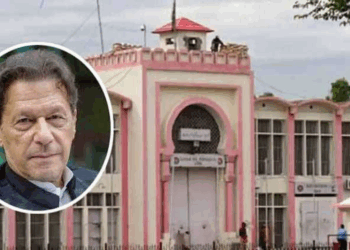Islamabad, April 18, 2025: Justice Musarrat Hilali of the Supreme Court remarked on Friday that “military law clashes with the Constitution” during a hearing on appeals challenging the trial of civilians in military courts.
The comment came as Khawaja Haris, representing the Ministry of Defence, concluded his arguments. The court adjourned the hearing, with the attorney general set to present his arguments on April 28.
During the proceedings, Justice Hasan Azhar Rizvi questioned the selection process for military court trials, asking, “How was the pick-and-choose approach applied in these cases?” Haris responded that the nature of the offence determines the forum for trial, whether an anti-terrorism court or a military tribunal.
Justice Hilali raised a key constitutional concern, questioning whether civilians fall under the jurisdiction of military courts. “Where it is clear that it [trial] is only for members [of the armed forces], what happens there?” she asked, suggesting that the military’s judicial system is meant primarily for disciplining its own personnel.
Justice Rizvi also queried the legal foundation for trying civilians accused of attacking military installations under military law. Justice Naeem Akhtar Afghan supported this line of questioning, pointing out that the Army Act is explicitly designed for military personnel. “If civilians are to be included, it must be clearly stated,” he said.
Justice Afghan further noted that while many elements from earlier laws were retained in the 1973 Constitution, especially during periods of martial law, later constitutional amendments sought to restore the original framework—though the Army Act provisions remained unchanged.
Khawaja Haris argued that court martial is a constitutionally recognized process, applicable during both war and peace. He maintained that fair trials are conducted in military courts, overseen by legally competent officers.
Justice Jamal Khan Mandokhail, offering a cautionary remark, said: “Mr. Khawaja, don’t let it be that you came to seek forgiveness for prayers and end up with fasting imposed on you.”
Justice Hilali noted that Section 2(1)(d)(1) was added to the Army Act in 1967, under the 1962 Constitution, and Justice Mandokhail pointed out that Article 202 of the 1973 Constitution defines only two types of courts: high courts and the subordinate judiciary. It was then that Justice Hilali observed, “Military law collides with the Constitution.” She added that the 1973 Constitution holds greater authority.
Justice Rizvi also raised questions about institutional accountability, referencing the violent events of May 9, during which 12–13 military installations were reportedly attacked. He asked whether any action had been taken against military officers in the wake of these security failures.
In response, Additional Attorney General Amir Rehman said that the attorney general would address that matter during the next hearing.








